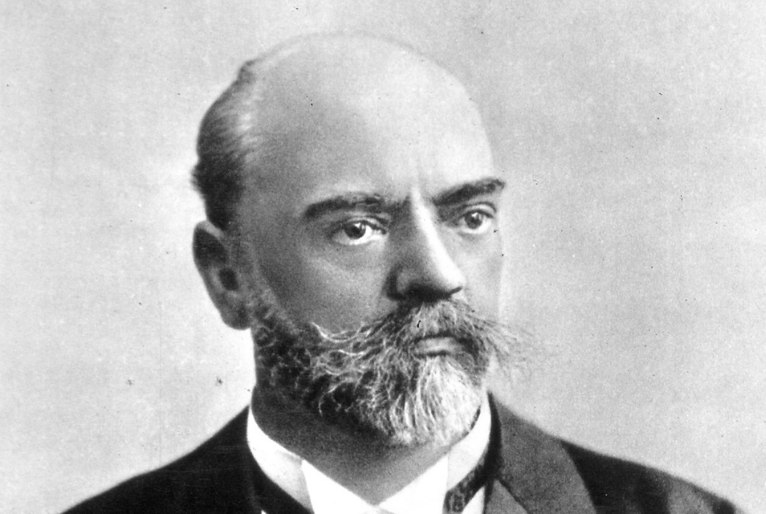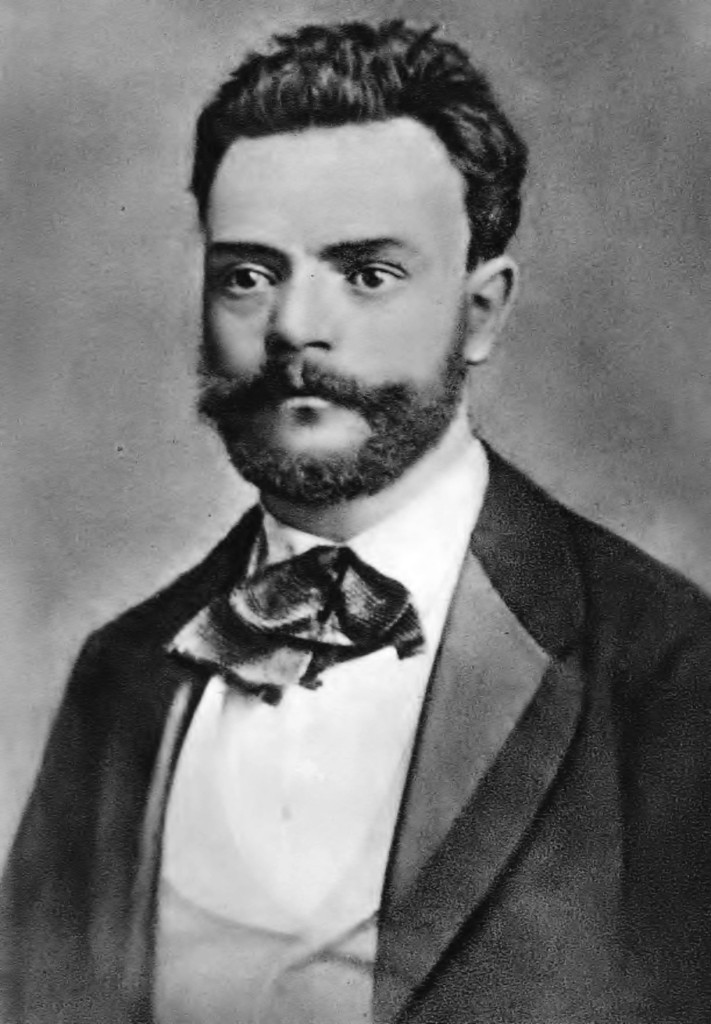Antonín Dvořák, one of the most celebrated composers of the Romantic era, was born on September 8, 1841, in Nelahozeves, a village near Prague, which was then part of the Austrian Empire. He was the eldest son of František Dvořák, an innkeeper and butcher, and Anna, who worked as a domestic servant. Despite his humble beginnings, Dvořák’s talent and passion for music would elevate him to international acclaim.
Growing up in a musical environment, Dvořák showed an early aptitude for music. His father recognized his son’s talent and arranged for him to receive basic music lessons. At the age of six, Dvořák began studying violin and piano with a local teacher. His exceptional musical abilities soon became apparent, and he was admitted to the Prague Organ School at the age of 16, where he received formal training in music theory and composition.
After completing his studies, Dvořák worked as a church organist and violist while composing music in his spare time. His compositions began to gain recognition, and in 1874, he won the prestigious Austrian State Prize for Composition, which provided him with financial stability and allowed him to devote himself fully to music.
Dvořák’s career flourished, and he quickly gained a reputation as a composer of symphonies, operas, chamber music, and choral works. His compositions were deeply influenced by Czech folk music and the landscape of his homeland. He drew inspiration from the melodies and rhythms of Czech folk songs, incorporating them into his own compositions with a masterful blend of innovation and tradition.
In 1892, Dvořák accepted a lucrative offer to become the director of the National Conservatory of Music in New York City, where he spent three years. His time in America had a profound impact on his music, inspiring works such as his “New World Symphony” and the “American” String Quartet. However, he also faced challenges, including homesickness and cultural differences.
Despite his success abroad, Dvořák remained deeply connected to his Czech roots. He returned to Prague in 1895 and continued to compose prolifically until his death in 1904. Throughout his career, Dvořák’s music reflected his love for his homeland, his passion for innovation, and his unwavering dedication to his art.


Comments are closed